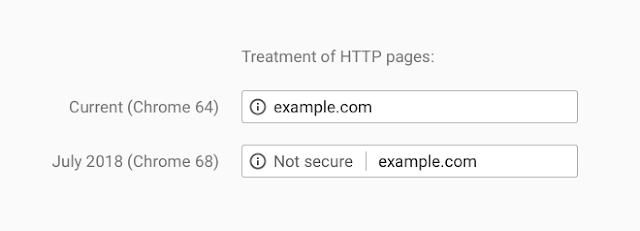For many of the biggest trends on the internet, for all intents and purposes, Google calls the shots. They change the way SEO works, we adapt to it. They put out a new product, we integrate with it. Lately, there have been a couple changes to Google that are causing real estate brokerages across the world to make some adjustments. And if you were unaware of these changes, you should start making yourself comfortable with the “new normal” of Google.
Changes to Google Maps
Google Maps has been the go-to solution for mapping software — most real estate brokerage websites use it for mapping all property searches, in addition to other day-to-day uses — and Google has decided to cash in on the heavily adopted platform. Starting on July 16, all users will need to have a billing profile attached to their API key. Meaning… If you have never put in a credit card for Google Maps, then you better act quickly before your data feed is suspended. (Users have already reported cases of their account being suspended.)
Another one of these changes to Google Maps that’s shaken things up is the pricing around the platform. The service is going from 25,000 free map loads a DAY, to 28,000 map loads a MONTH for free. These free map loads are bundled into a $200 free Google Maps monthly credit — so even that is a tad confusing.
Even if you’re not a TRIBUS client, here’s how you can resolve this issue right away.
Learn About Our New Ads and Leads Program - TRIBUS Engage
‘Not Secured’
Google has finally made the big change they have promised for over a year and a half. Chrome (version 68) has now marked all unencrypted websites as “not secure.”

A large amount of brokerage websites are still unencrypted; same goes for an even larger number of agent sites. As a brokerage, your brand matters, and when you have thousands of website visitors a month, you want to them to feel confident they will have a safe browsing experience on your website. That’s especially true when they are submitting their personal information to you.
This is the message Google will be showing your visitors if they click on the “not secure” pop-up: “Your connection to this site is not secure. You should not enter any sensitive information on this site (for example, passwords or credit cards), because it could be stolen by attackers.” This is not a good look, and no way to earn trust on your real estate brokerage website.
As Emily Schechter, Chrome’s security product manager, recently told Wired, “Encryption is something that web users should expect by default.” Every single TRIBUS site, whether you’re using a templated option or one of our more robust fully custom real estate brokerage websites, is served over HTTPS. Before Google started to signal major changes around HTTP vs. HTTPS, we invested in our platform to make sure our clients could operate their sites at the new standard. Not to mention, there is an SEO benefit to having a secured site.
You can read more about how we’ve adopted SSL encryption for all our websites here.

